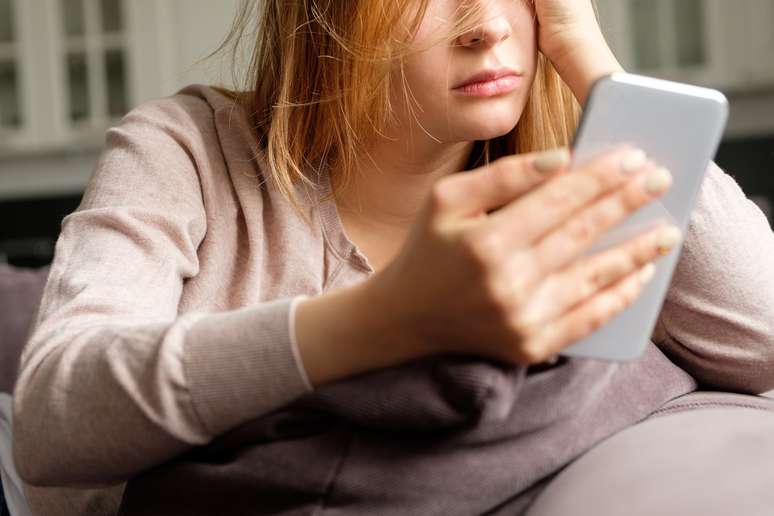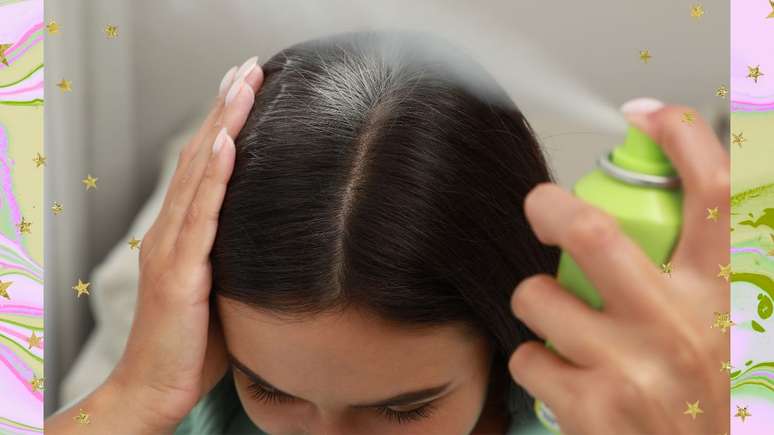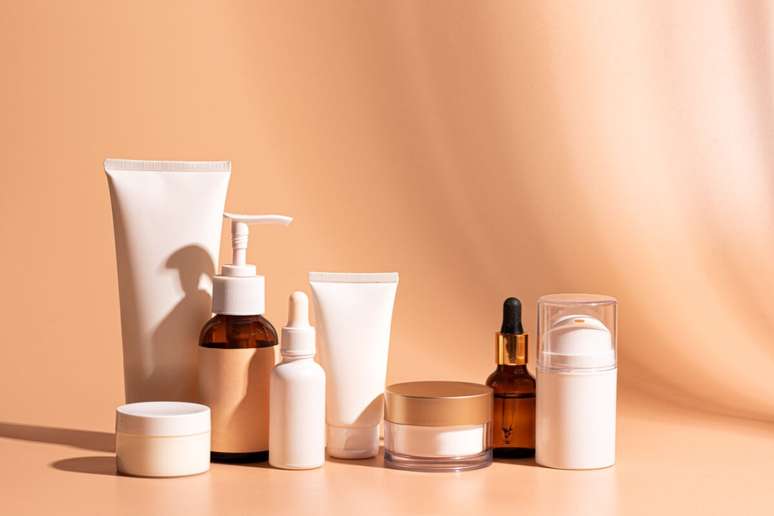The study evaluated the effects of staying away from the platforms for just seven days
Young women who take a break from social media for even just a week experience a significant boost in self-esteem and body image. According to a study conducted at the Faculty of Health at York University, Canada, “rest” was especially useful for people most vulnerable to internalizing the thin ideal.
“The statistician in me got excited: We don’t often see such large effect sizes in my area of psychological research because human behavior is complicated and there is so much variability,” commented psychology professor Jennifer Mills, co-author of study. paper.
Social networks and body image
The article, published this week in the magazine Body image, is considered one of the first to specifically examine the effect of social media disruptions and body image. Mills, whose lab is at the forefront of this type of research, collaborated on the study with researchers Lindsay Samson and Olivia Smith, both York students.
The team expected to face recruiting challenges, but the 66 first-year students who participated in the study were excited to take a break from social media. Half of the group were told to continue using their social media as usual, while the other half were told to refrain from Instagram, Facebook, Twitter, TikTok and other social media for a week. All were evaluated before and after the experiment.
“There is natural variability in how people feel about their bodies and themselves in general, so we took that into account statistically, and even after that there were still significant differences between the groups after one week,” he said. Mills said.
Greater impact than women’s magazines
The differences with the advent of social media are notable for Mills, who began researching eating disorders when the media deemed women’s magazines evil.
“Back then you could only spend a few minutes or hours looking at fashion and beauty magazines and they only came out once a month. There was a limited amount of content you would be exposed to,” he noted. With social media the quantity is infinite. There is always something new on the platforms to activate our brain’s reward system.
Two hypotheses explain the results
Mills says the improvements found in this study can be explained both by the fact that women spent much less time engaging in behaviors known to have harmful effects, such as comparing themselves to other people, but also by the fact that they replaced social media with other healthier.
If we spend more time in real life, socializing with friends, sleeping, going outdoors, exercising, there may be secondary behaviors that fill the void left by social media. Future research will try to unravel this.”
Source: Terra
Ben Stock is a lifestyle journalist and author at Gossipify. He writes about topics such as health, wellness, travel, food and home decor. He provides practical advice and inspiration to improve well-being, keeps readers up to date with latest lifestyle news and trends, known for his engaging writing style, in-depth analysis and unique perspectives.








